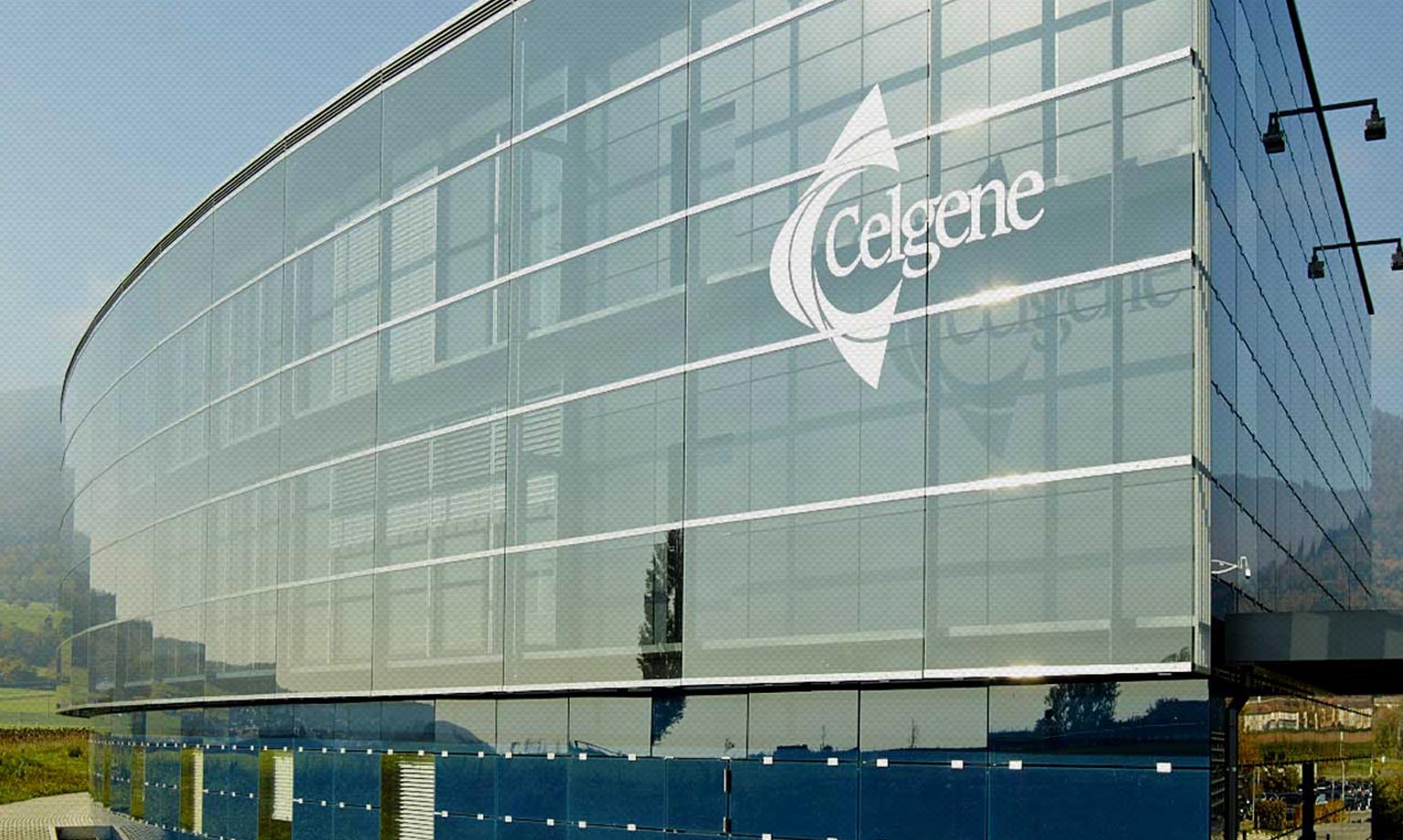After years of delays, NICE backs Celgene's Revlimid in first-line MM

After years of delays caused by wrangling over price, NICE has recommended regular NHS funding for Celgene’s Revlimid in combination with dexamethasone, as an option for certain adults with previously untreated multiple myeloma.
The final draft guidance recommendation from the cost-effectiveness body means that patients will be able to receive Revlimid earlier, although its use is restricted to patients who are not eligible for a stem cell transplant and only if thalidomide is contraindicated, or the person cannot tolerate thalidomide.
The latest decision adds extra restrictions to Revlimid’s use, as the drug’s European label only limits its use to patients who are not eligible for stem cell transplant.
Celgene estimates that around 1,900 previously untreated multiple myeloma patients will now be able to access Revlimid, and will bring England in line with the rest of the UK.
Patients in Scotland have been able to receive Revlimid in first line since 2015, when the Scottish Medicines Consortium recommended regular NHS funding. Cost-effectiveness officials in Wales and Northern Ireland followed suit and recommended the drug in this indication in 2016.
Patients in England have been made to wait a long time for this – Celgene delayed an appraisal in the first-line indication in 2012 because of issues getting the drug licensed in Europe.
Once the drug was approved in Europe, Celgene decided not to submit a file for appraisal by NICE because of issues negotiating a price reduction with the Department of Health in 2015.
The appraisal restarted in 2017, but in March last year NICE suspended publication of final guidance after NHS England complained about operating the patient access scheme that Celgene had proposed, saying it was too complex. NICE finally restarted the appraisal in April this year.
Myeloma UK head of patient advocacy, Shelagh McKinlay, said:“While these decisions are great news for patients and their families, they have taken too long. Work to gain approval for lenalidomide and dexamethasone at first relapse has been ongoing for several years and discussions to agree a new commercial deal took a year to conclude.
“Everyone involved must keep patients and their families and carers at the forefront of their minds and move as swiftly as possible to resolve the complex challenges involved in approving new treatments.”
NICE also recommended Revlimid in separate final draft guidance, as an option for treating multiple myeloma in adults who have had only one previous therapy which included Takeda’s Velcade (bortezomib).
Multiple myeloma is an incurable blood cancer, and treatment can help to control the condition for several years, with the aim of therapy to stabilise the disease for as long as possible, prolonging survival and maximising the quality of life.











